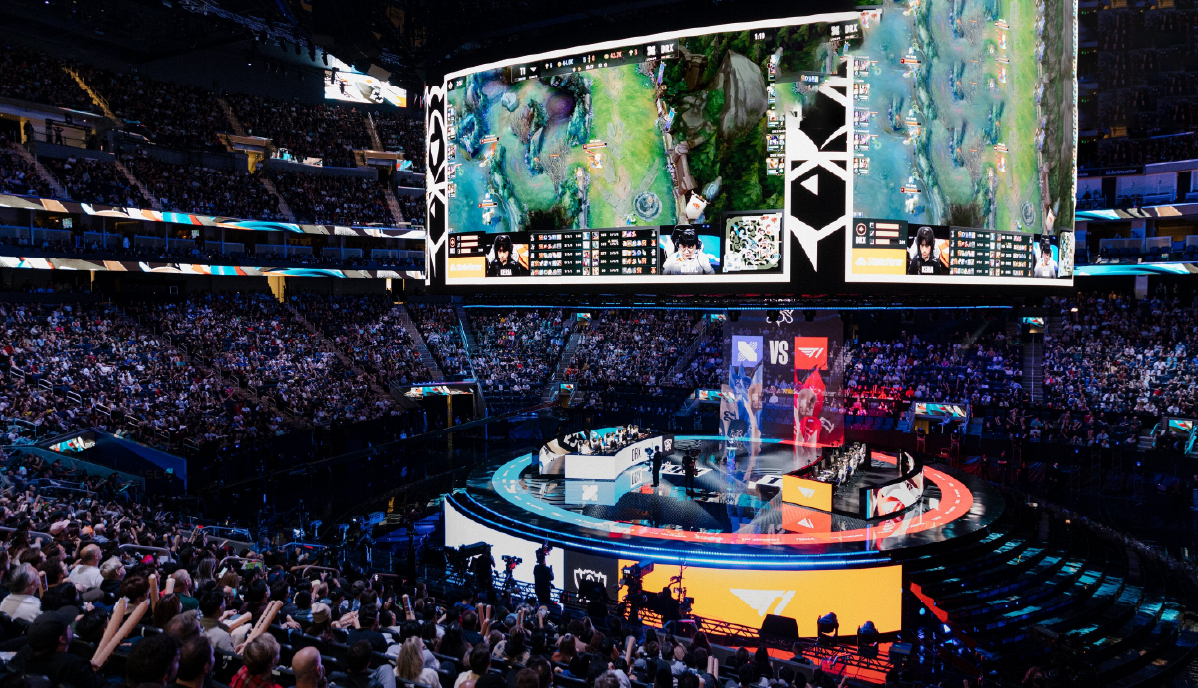Esports, once a niche hobby, has exploded into a global phenomenon, attracting millions of viewers and generating billions in revenue. Competitive gaming has transformed from casual tournaments to high-stakes events with massive prize pools, sponsorship deals, and professional teams.
The rise of esports began with classic games like Counter-Strike, StarCraft, and Dota. As internet speeds improved, live-streaming platforms like Twitch and YouTube Gaming helped esports reach a broader audience. Today, popular games like League of Legends, Valorant, and Fortnite draw millions of spectators worldwide, with tournaments like The International and the League of Legends World Championship offering prize pools exceeding $10 million.
Esports is not just about competition; it\'s an entertainment industry. Teams sign sponsorship deals with major brands like Nike, Red Bull, and Samsung, while streaming stars earn millions from endorsements. Even universities now offer scholarships for esports players, recognizing gaming as a legitimate career path.
However, the industry faces challenges. Issues like burnout, toxicity, and match-fixing scandals have sparked debates about player welfare and regulation. Despite these hurdles, esports shows no signs of slowing down. With growing investments and an ever-expanding audience, it is clear that competitive gaming is here to stay.


















Samuel Boafoh
I think ? it very important to do that
IDDRISU ABDUL WARIS
Yh